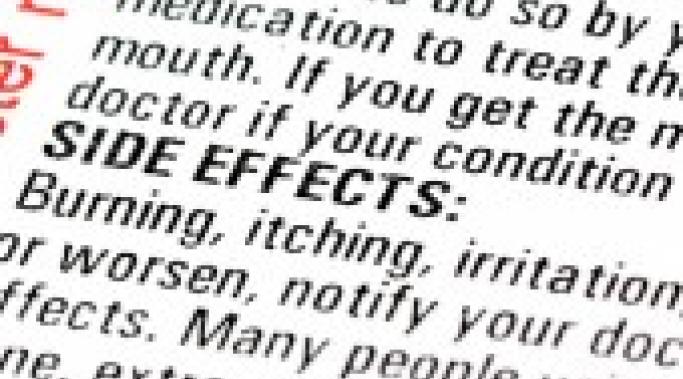Its 6:59 on Thursday morning. I've been drinking coffee and procrastinating online for an hour; the radio is always on and I don't usually hear it. I just like background noise. That's the hyperactive part of me. More than one thing always needs to be happening. It's pretty irritating.
Recovery Issues
Mental illness and self-confidence are intricately connected, before and after a mental illness diagnosis. Self-confidence is a tricky thing to define, and even more so when connected to mental illness, but it's important so let's give it a shot.
Mental Illness and relapse go hand in hand. Sort of like addiction and relapse. The statistics for both are rather dire: relapse, at some point in our recovery, often occurs. Having said that, there are some damn lucky folks who become stabilized and never become unstable again. I hope they recognize how lucky--how blessed--they are.
But in this post we are not talking about those who live a life of sustained recovery. We are focusing on those of us who falter from time to time--falter and pick ourselves back up. The majority of us.
My last blog focused on the importance of not diagnosing your mental health symptoms yourself! This blog will focus on not treating symptoms of relapse without consulting with your mental health care team first. Yes, I know, this post might seem a little boring but it's important so please keep reading--note: you can leave me a comment stating you fell asleep around 300 words. I will refrain from being offended.
When you live with a chronic mental illness you may experience periods of relapse. Side-note: Not everyone who lives with a mental illness relapses but for those of us who do, the desire to diagnose ourselves and, in connection, attempt to treat our symptoms is tempting.
And it is exceptionally dangerous.
I feel like I am doing a lot of apologizing lately. I am sick of saying: "I am sorry", "Sorry, I did not mean it", "Please forgive me" or this one is creative: "Please, let me steam clean your carpets because I am oh so sorry I called you a choice word when we were fighting...Did you need to borrow any money? Like my new leather boots? Take them. Because, dammit, I am so sorry!"
When I think of mental illness--my journey sprinting through life alongside it-- I think of the image below. The famous Two Masks. I painted a picture of it, framed it, and gave it to my mother a couple of years ago. The irony was not lost on her. It hangs in the hallway; laughing at me. The masks represent bipolar disorder to me. They represent emotion on a whole--the entire spectrum. Like many people living with chronic mental illness, it's hard to find the parts that define the middle; the sort of happy bits that made us smile but were fleeting.
Do you remember when we were kids? Before life smacked us upside the head and screamed for us to wake-up? Before we realized life wasn't easy--once our innocence was gone. I remember how excited I was, five or six years old, sitting under the Christmas tree and shaking my presents. I would take my gifts and separate them from my two siblings. They would do the same. We all had our piles; each wrapped with ribbons and sometimes a bow.
Creating the motivation to recover from mental illness is a chore. That's why people who just don't like to get out of bed annoy me. Their lack of motivation comes from no reason at all--no depression, no anxiety, no medication side-effect. They just roll out of bed whenever they like. They make some coffee and do what they do. I don't understand lazy people.
I hate the word lazy. I hate it when people think I'm lazy. I hate it because my parents never stopped working and never stopped driving the laziness out of us kids. If we kids did not work, we were That Thing (child) That Did Not Belong. But I love my parents and it is because of them I get the hell out of bed. Many mornings, they're my motivation to recover from mental illness and not be lazy.
Once a person has been diagnosed with a mental illness--is being treated for it--and moving forward in their recovery, life is not suddenly peaches and cream. For many of us, myself included, we still often live with depression on a daily basis.









